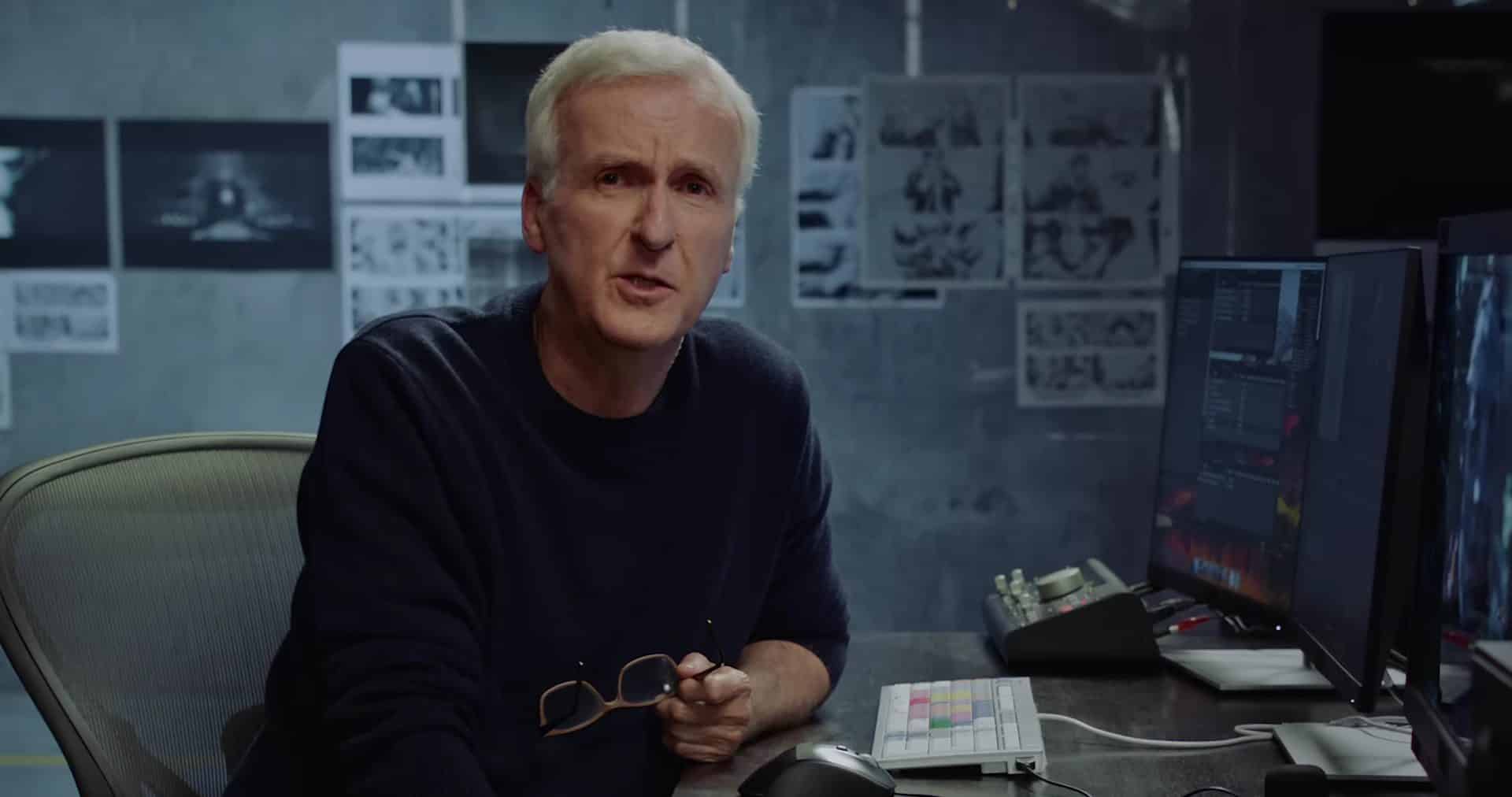James Cameron, the renowned director of the iconic film ‘The Terminator,’ has recently shared his thoughts on the progress of artificial intelligence (AI) and its potential implications.

Referring back to the 1984 science fiction movie that he co-wrote and featured Arnold Schwarzenegger as the lead, Cameron emphasizes how he had issued a warning that society seemingly overlooked.
Expressing his concerns to CTV News, Cameron elaborates on the dangers of AI, particularly when it comes to its weaponization, prompting the world into a potentially perilous arms race.
Despite the advancements in AI, Cameron remains skeptical about its ability to replace human creativity, particularly in fields like writing.
The Perils of AI and Weaponization
Drawing attention to the core apprehensions showcased in ‘The Terminator,’ Cameron delves into his worries about AI’s weaponization. The movie portrays a gripping narrative of a cyborg assassin and a sentient AI defense network, offering a glimpse into a future where AI becomes dangerously advanced.
The director asserts that the real-world weaponization of AI poses a significant threat, comparable to the intensity of a nuclear arms race. He urges caution, warning that if one party refrains from developing AI weaponry, other nations or entities may go ahead, leading to a potentially dangerous escalation of AI technology.
Despite the rapid progress in AI, Cameron remains unconvinced about its ability to replace human creativity, particularly in artistic domains like writing. He expresses his skepticism, questioning the idea of disembodied AI minds merely stringing together thoughts from human experiences and emotions without truly comprehending them.
According to Cameron, such an approach may result in a mere “word salad” rather than genuine artistic expression that can move and resonate with audiences.
A Futuristic Challenge: AI Winning an Oscar
Looking forward, Cameron playfully ponders a future scenario where AI might win an Oscar for Best Screenplay. While this may seem far-fetched, he suggests that such a milestone would serve as a wake-up call, prompting society to take AI’s potential more seriously.
Cameron humorously suggests giving AI at least two decades to achieve such an accolade, indicating that it might be a long road ahead before AI can genuinely produce award-winning creative content that rivals the human touch.
In conclusion, James Cameron, the visionary director of ‘The Terminator,’ brings attention to the advancements in AI and the warnings he had issued decades earlier. The potential weaponization of AI remains a grave concern, potentially leading to a dangerous arms race if not addressed cautiously.
Moreover, Cameron’s doubts about AI’s ability to replace human creativity, particularly in fields like writing, reflect a common sentiment shared by many artists and creatives. While AI’s progress is undeniable, it still has a long way to go before it can genuinely rival human ingenuity.
The idea of an AI winning an Oscar for screenplay appears distant, but Cameron’s lighthearted contemplation serves as a reminder of the importance of carefully navigating the advancements in AI technology and its potential implications for society.